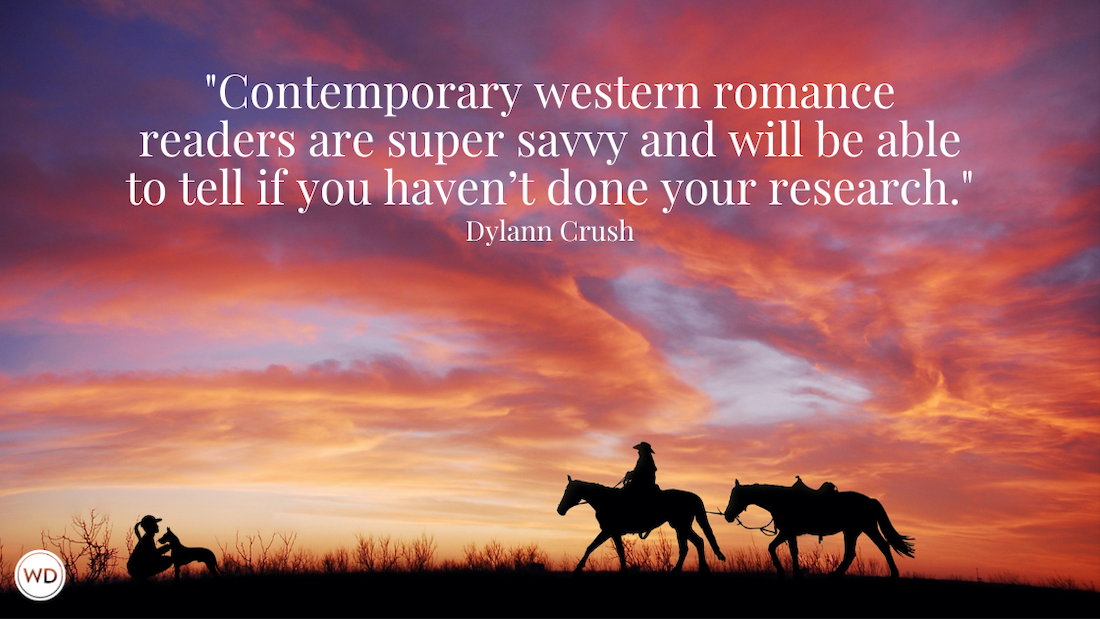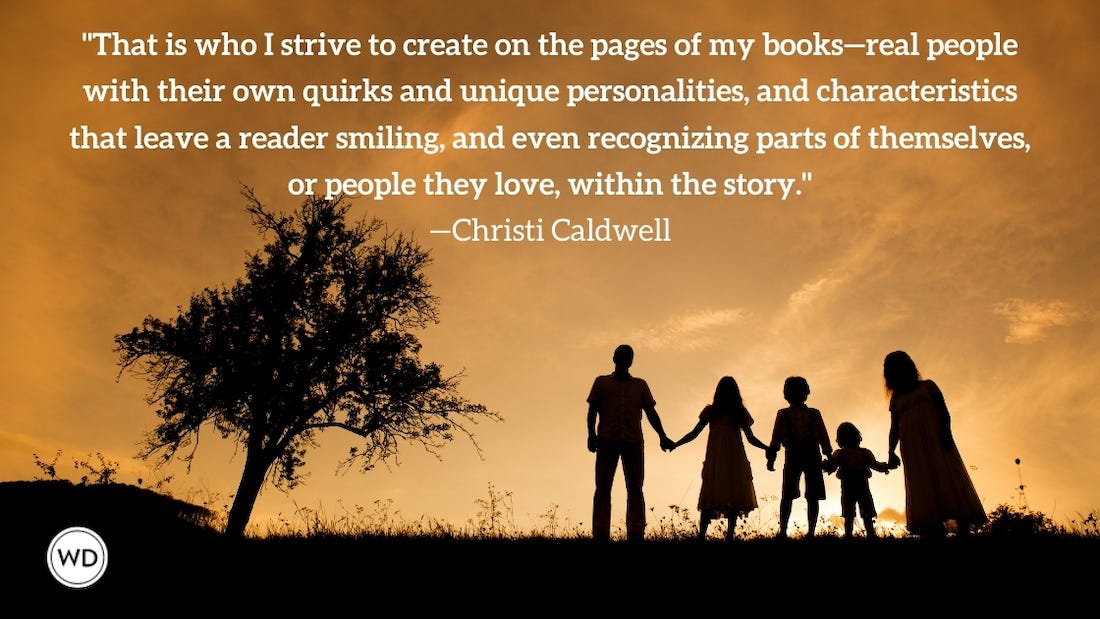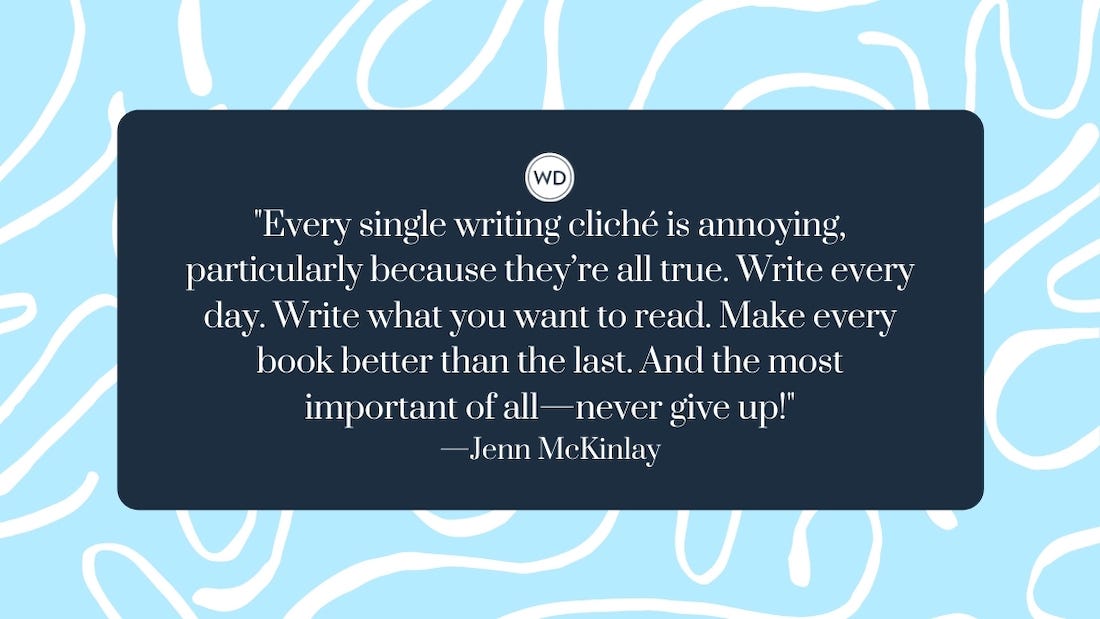Are Men Writing Romance?
Q: I notice that there are very few male authors or stories written from the male point of view in Romance novels. Could this be because most editors or publishers…
Q: I notice that there are very few male authors or stories written from the male point of view in Romance novels. Could this be because most editors or publishers in this genre are women? The best romance novel ever written, in my opinion, was "LOVE STORY," and a male wrote it from a male point of view. Why aren’t there more?”—Jim
A: There often seems to be a misconception that romance reading (and writing) is reserved for women-only, but that couldn't be further from the truth. Men are not only welcome to enjoy the genre, they are also currently writing some of the most popular romance novels to date—though you may not realize it.
"There are a lot more men writing romance than it would appear because we all have to be published under a feminine, or feminine sounding, pseudonym," says Harold Lowry, multi-published romance author and Past President of RWA. "I say 'we' because I’ve published 46 books under the name Leigh Greenwood. Probably as a result of my longevity and visibility, my publisher puts my picture in the back of my books so that my readers know I’m a man. Because my sales have never suffered, I think it’s safe to say readers are interested in a good book and won’t be scared away by the gender of the writer."
It is true that the majority of folks reading romance novels are women. According to the 2009 Romance Writers of America Reader Survey, women make up 90.5 percent of the romance readership, with men holding down the other 9.5 percent. But even while readership leans heavily toward women and, on the outside, romance writing may look like a women's-only sport, the truth is the genre is very much co-ed. Like any other category of writing, great romance fiction is written (and sold) by both women and men.
One of the most successful writers in the early years of romantic fiction was Tom Huff, who wrote under the pseudonym of Jennifer Wilde. There's also Vince Brach (Fran Vincent), Mike Hinkemeyer (Vanessa Royall) and—well, you get the point.
As for the issue of few romance novels written from the male point of view, Lowry took great issue with that statement.
"Because a romance involves a man and a woman, each character participates in the development of the romance and the resolution of the conflicts. I don’t recall having read a romance – and I’ve read over a thousand – where only the female point of view was used," Lowry says. "The male protagonists often have as many conflicts to resolve as the female protagonists. This requires the writer to use both points of view in order to resolve all the issues in the book. Many times a book may seem to be one protagonist’s story more than the other – this has happened in several of my books – but the book still ends up being divided almost equally between the two points of view."
So there you have it. While the road for men may be a little bumpier in their quest to write and sell fiction than it is for women, the road is there. And like with all genres, great writing will win out—no matter who writes it.
Brian A. Klems is the online community editor of Writer’s Digest magazine.
Have a question for me? Feel free to post it in the comments section below or e-mail me at WritersDig@fwpubs.com with “Q&Q” in the subject line. Come back each Tuesday as I try to give you more insight into the writing life.
Looking for more?
- Follow us on Twitter: @writersdigest
- Become a fan at our Facebook page
- One of our best books on establishing relationships to further your career is Get Known Before the Book Deal by Christina Katz. Visit Christina's site, read an excerpt (Why All Authors Need a Platform), or view the table of contents.









